Guidelines for people with diabetes
Diabetic nephropathy is a common complication of type 1 and type 2 diabetes. Over time, poorly controlled diabetes can cause damage to blood vessel clusters in your kidneys that filter waste from your blood. This can lead to kidney damage and cause high blood pressure. High blood pressure can cause further kidney damage by increasing the pressure in the delicate filtering system of the kidneys. Risk factors Your risk of diabetic nephropathy is greater if you have type 1 or type 2 diabetes. Several other factors may increase your risk of diabetic nephropathy, including:
To reduce your risk of developing diabetic kidney disease:
Are people with diabetes more likely to get COVID-19?
COVID-19 is proving to be a more serious illness than seasonal flu in everyone, including people with diabetes. People with diabetes should get a flu shot this year, although it’s important to understand the flu vaccine will not protect against COVID-19. Precautions General Measures
EXERCISE:
Diet
Regardless of age, exercise can improve the physical and mental fitness of people with cardiovascular disease, a common complication of diabetes. French researchers divided 733 people with various heart problems into three age groups: under 65, 65 to 80, and over 80. (About a third had diabetes.) Each took part in a five-week cardiac rehabilitation program that focused on exercise but also included nutrition education and other health counseling. Participants did two hours of exercise (on treadmills and stationary bikes) five times a week. By the study’s end, all had significantly boosted their exercise capacity, a sign of improved heart health, and reported less depression and anxiety. Not only was the program safe for all ages, but participants who started the study with the greatest physical impairment improved the most, no matter how old they were. If you have cardiovascular disease, discuss a referral to a cardiac rehab program with your doctor.
To get young children to eat more vegetables, try offering them a choice. In a study, 32 veggie-averse kids ages 4 to 6 were randomly assigned to one of three groups: In one, parents were told to offer the child a small amount of cooked broccoli three times a week for five weeks. Participants in another group offered their children two of three vegetables (broccoli, zucchini, or peas) at once, rotating the choices each time. Parents in a third group didn’t change their child’s eating habits. The children who were offered the two different veggies ate twice the amount of vegetables as the other two groups (1.2 versus 0.6 half-cup servings per day). What’s more, the kids kept up the habit three months after the study ended.
Your go-to glucose remedy is frozen.
Juice boxes, glucose drinks, and glucose gels work well to treat lows most times of the year, but if you take these on an outdoor excursion or leave them in a parked car in the winter, they could freeze. That can leave you without fast-acting glucose should you develop hypoglycemia (low blood glucose). The Fix: Glucose tablets or powders are a safer bet because they don’t freeze. Pay attention to your glucagon injection kit, too. It should be stored at 68 to 77 degrees. Liquid in a glucagon injection can freeze if you store your kit in your car or take it outside in cold temps. Keep it close to your body, or opt for Eli Lilly’s recently approved nasal glucagon powder, Baqsimi. Anger is a common response to diabetes, and is completely natural. People who have been diagnosed with diabetes may wonder why it has affected them when many of their friends or relatives do not have the condition.
Diabetes diagnosis is unfair, and sometimes anger can lead recently diagnosed diabetics to neglect their diabetes management or diabetes treatment. Ingredients
2 tsp cumin seeds pinch chilli flakes 2 tbsp olive oil 600g carrots washed and coarsely grated (no need to peel) 140g split red lentils 1lr hot vegetable stock (from a cube is fine) 125ml milk (to make it dairy-free, see 'try' below) plain yogurt and naan bread, to serve Method Heat a large saucepan and dry-fry 2 tsp cumin seeds and a pinch of chilli flakes for 1 min, or until they start to jump around the pan and release their aromas. Scoop out about half with a spoon and set aside. Add 2 tbsp olive oil, 600g coarsely grated carrots, 140g split red lentils, 1lr hot vegetable stock and 125ml milk to the pan and bring to the boil. Simmer for 15 mins until the lentils have swollen and softened. The soup with a stick blender or in a food processor until smooth (or leave it chunky if you prefer). Season to taste and finish with a dollop of plain yogurt and a sprinkling of the reserved toasted spices. Serve with warmed naan breads. |
Blog Authors:
|





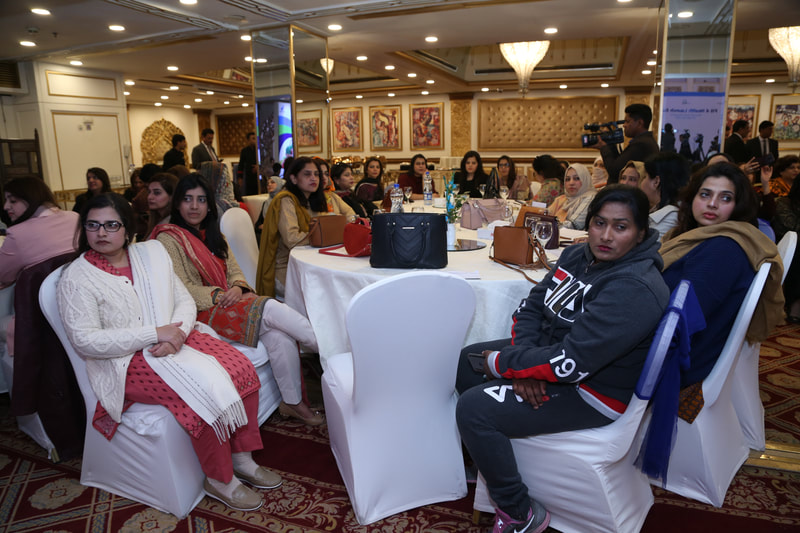
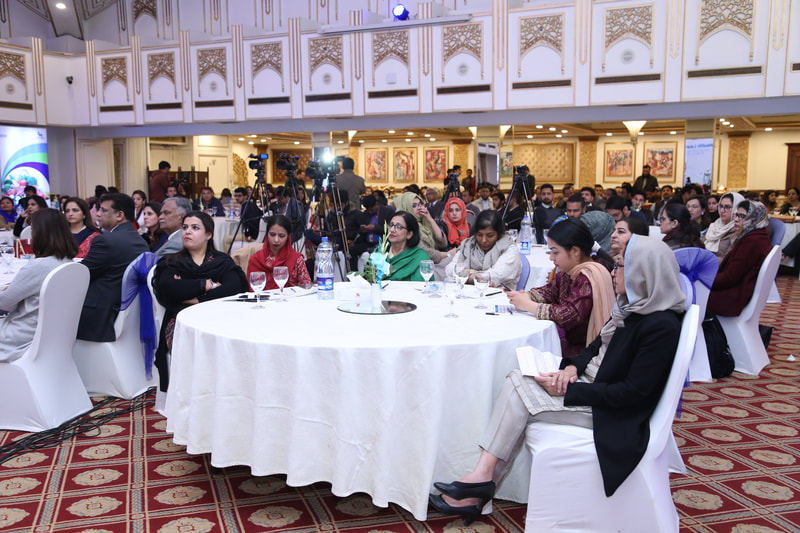
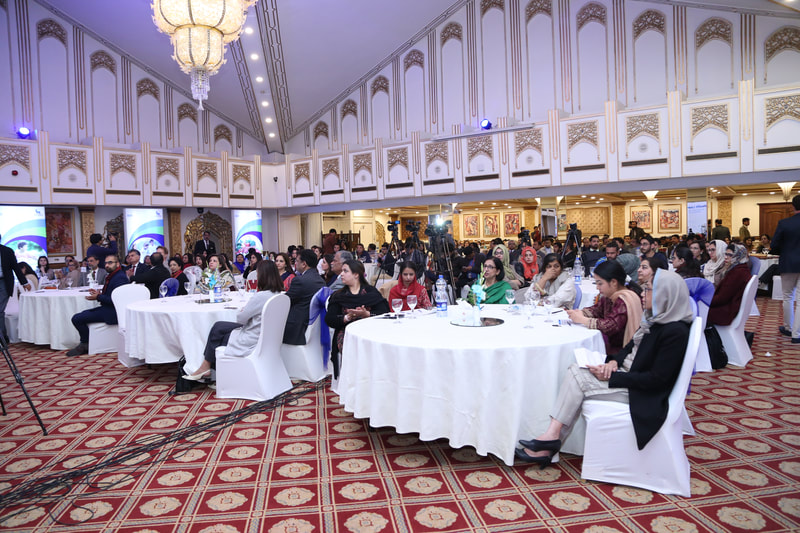
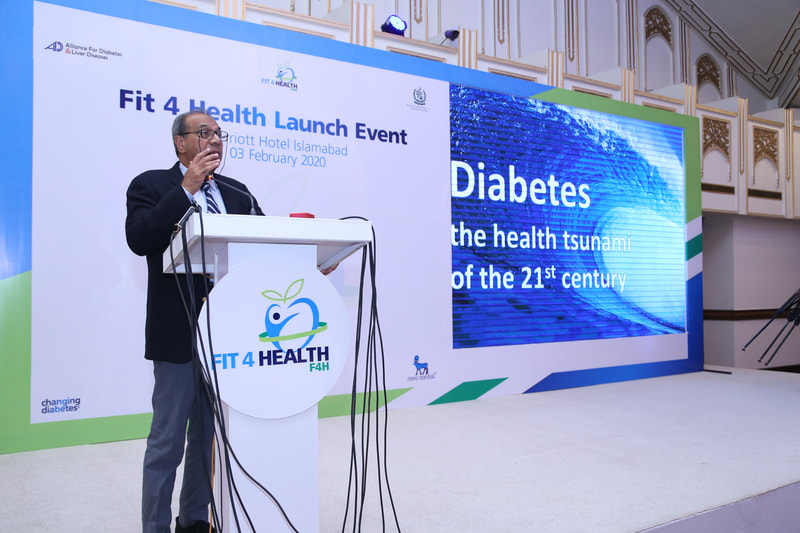
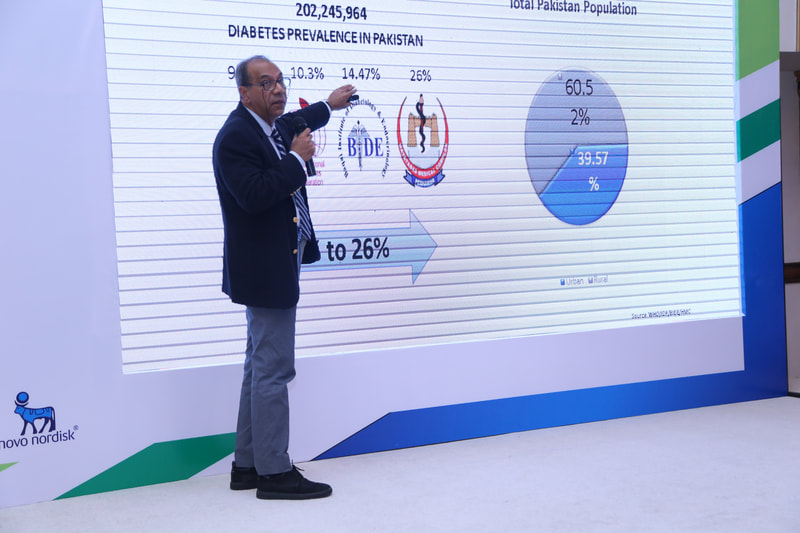

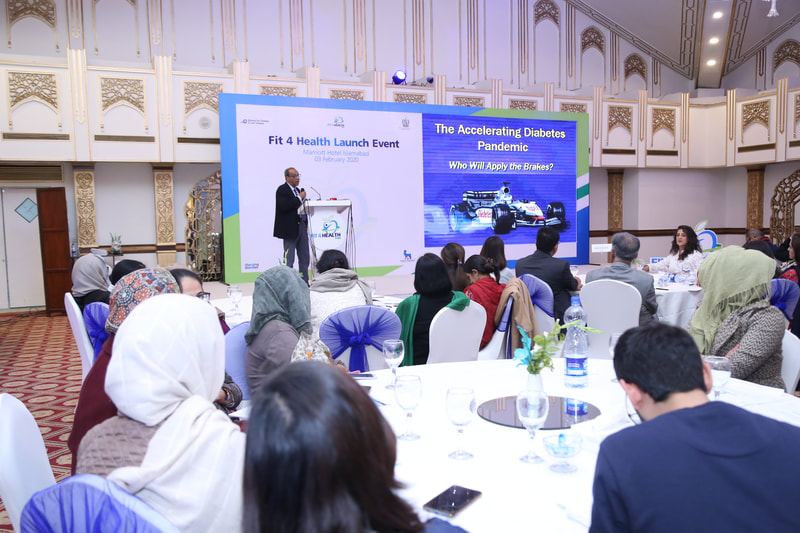
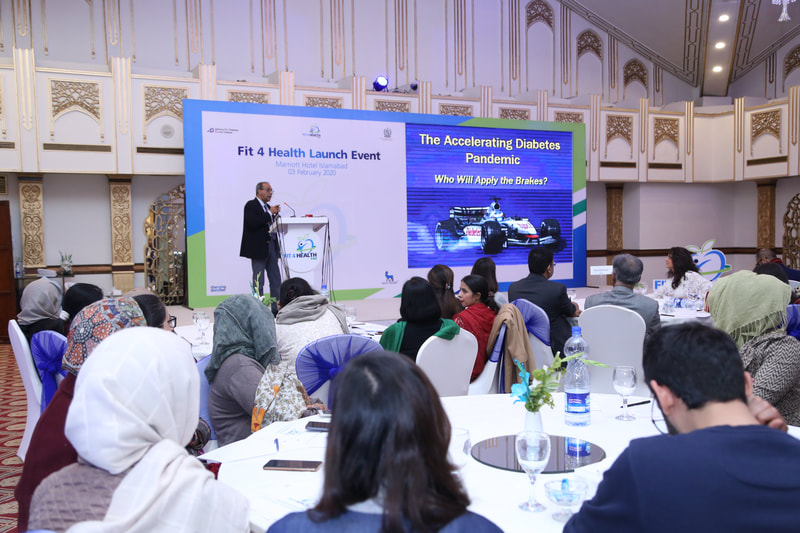
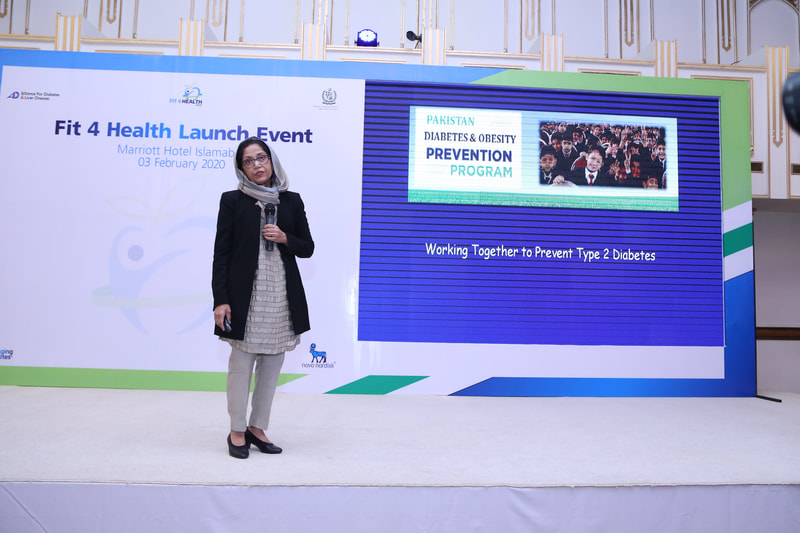
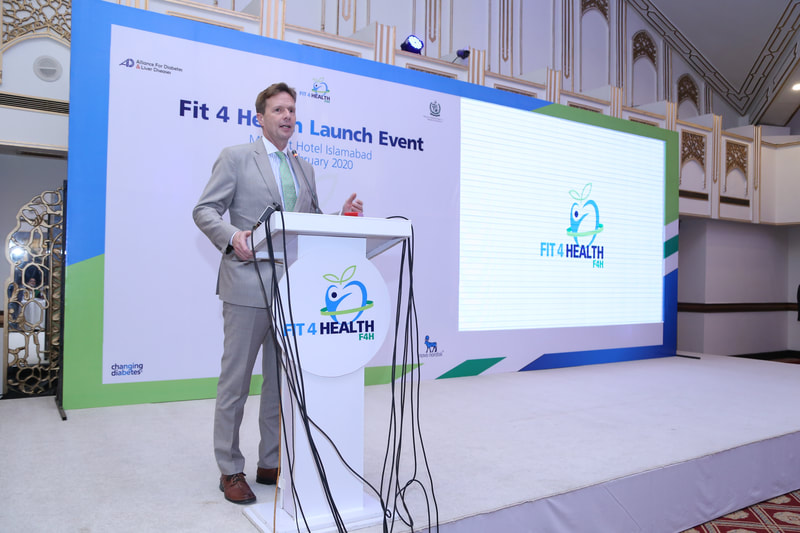

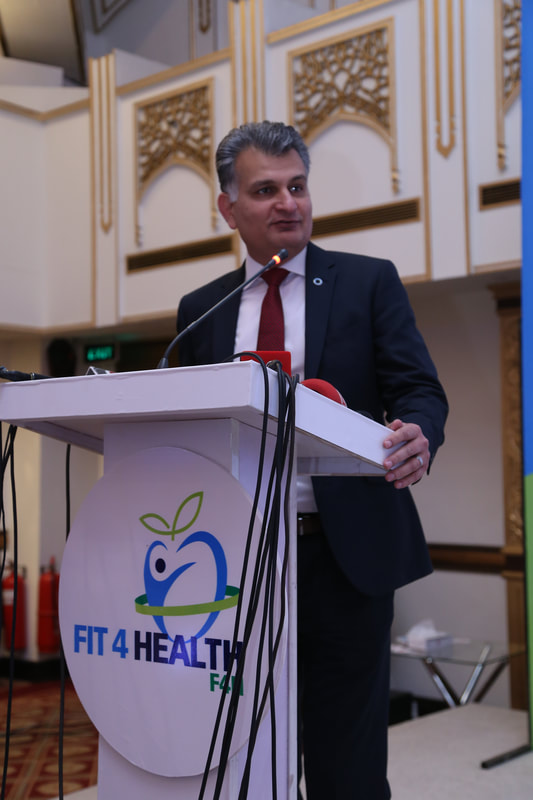
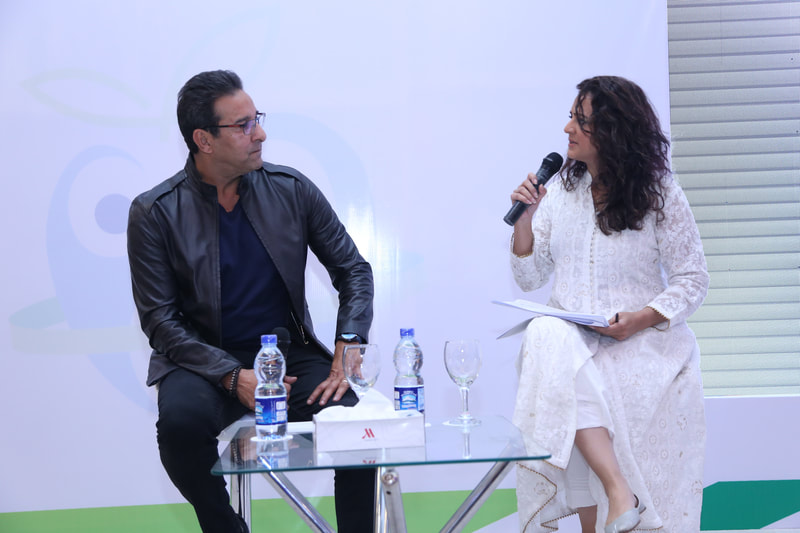
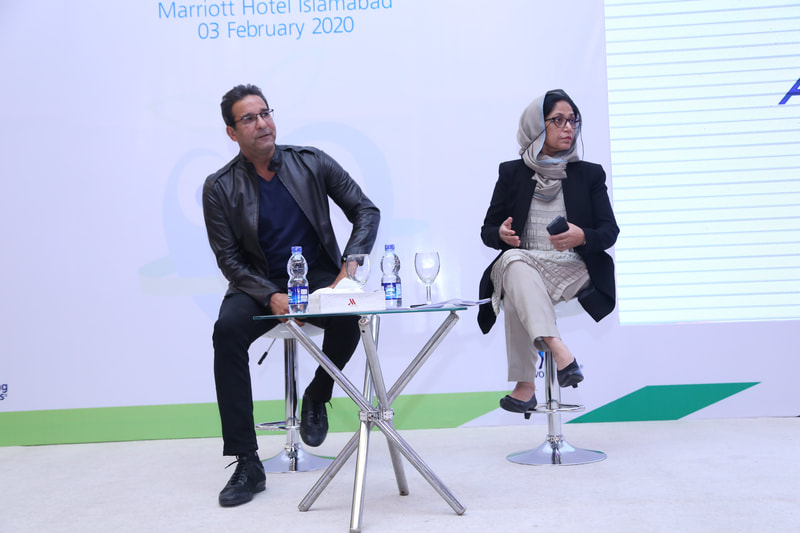
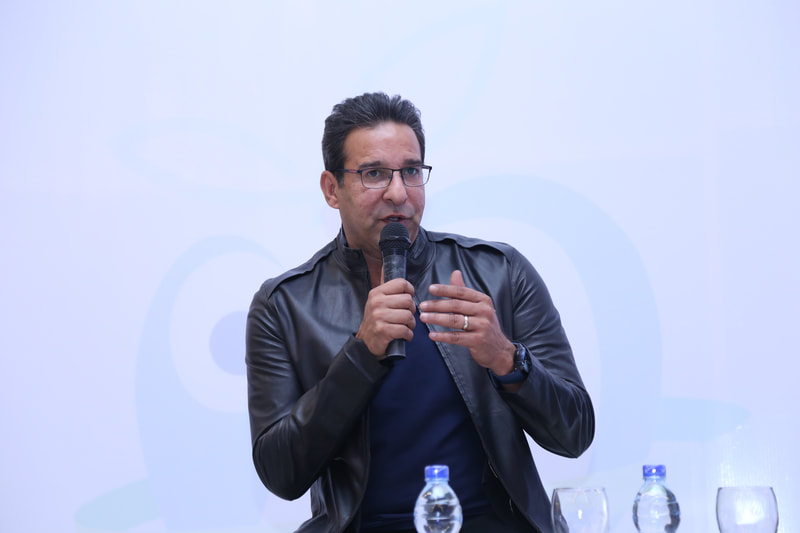
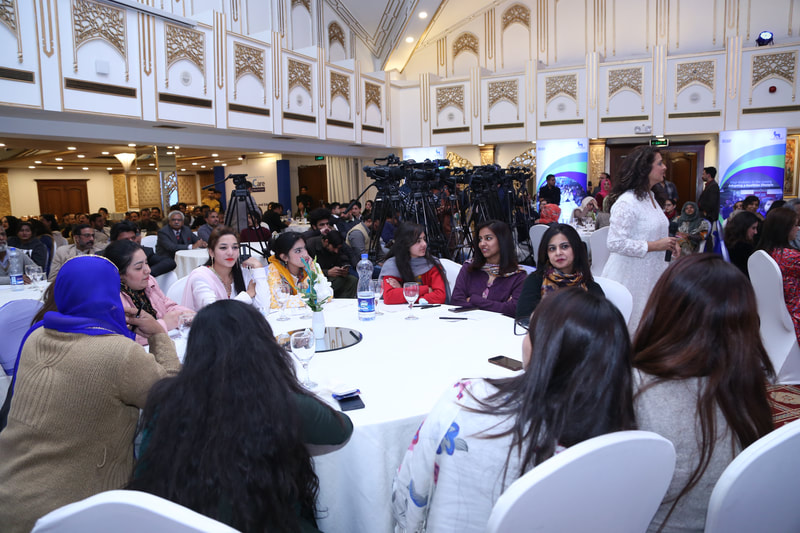
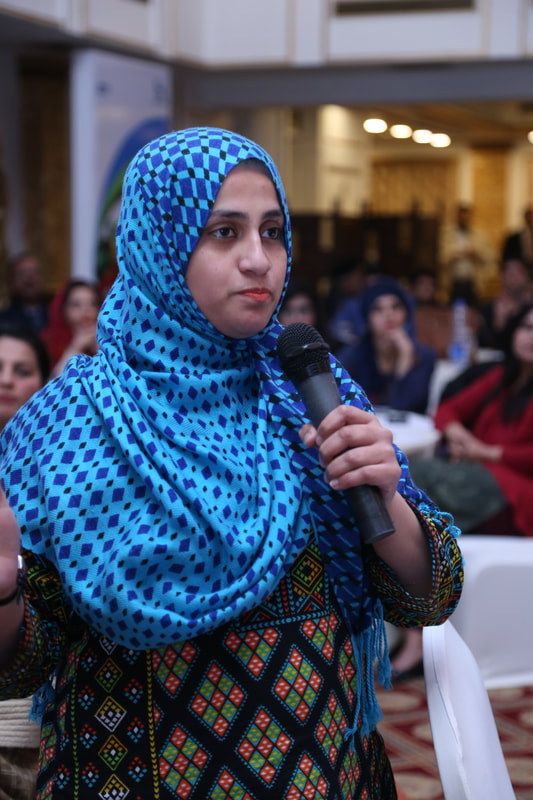




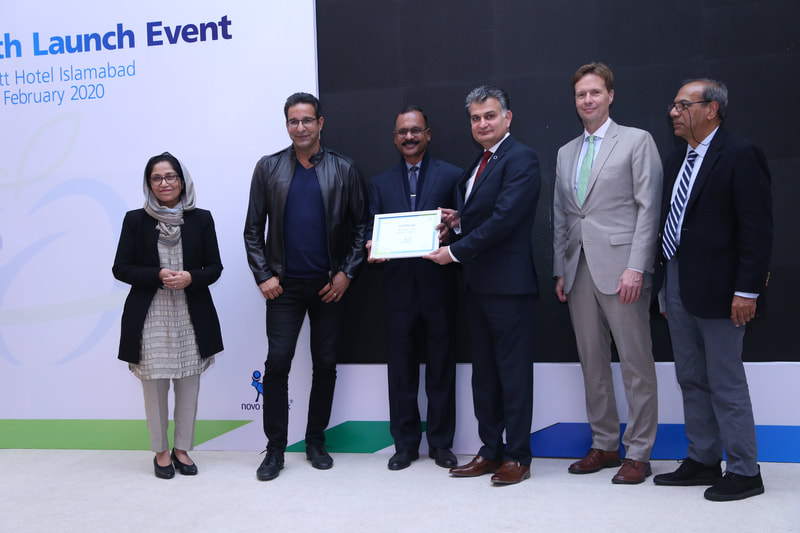

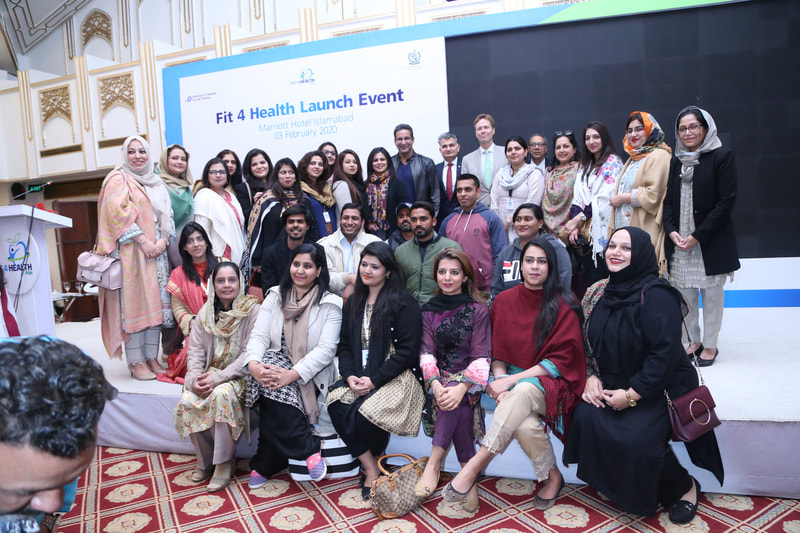
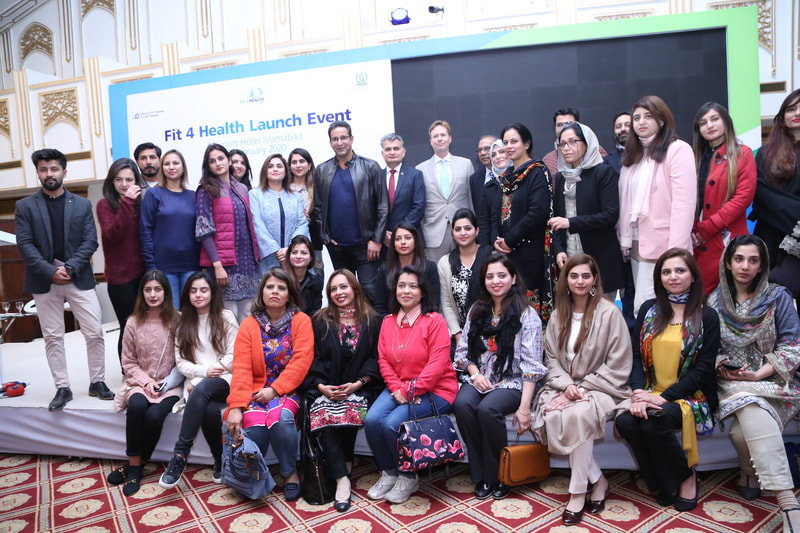
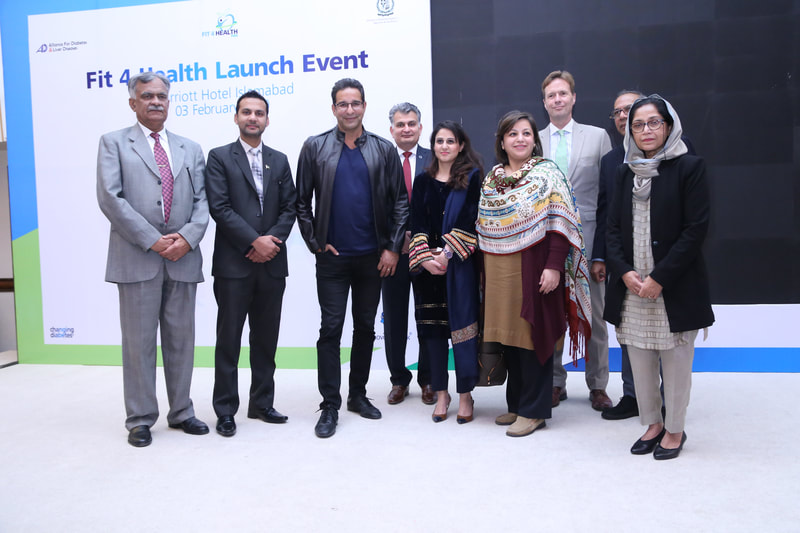

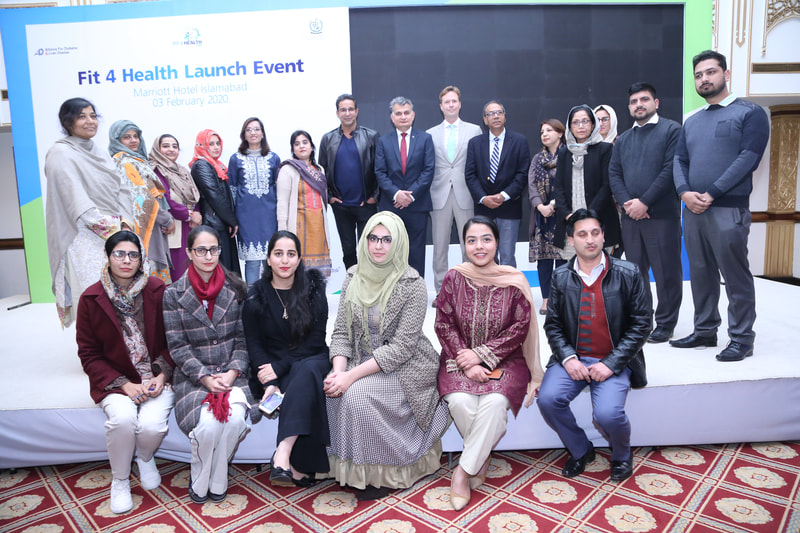




 RSS Feed
RSS Feed





